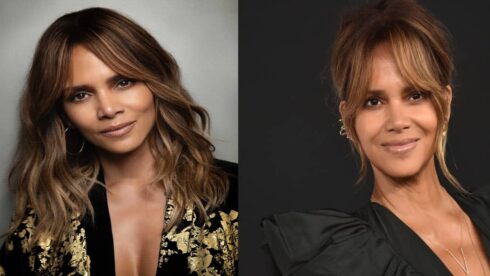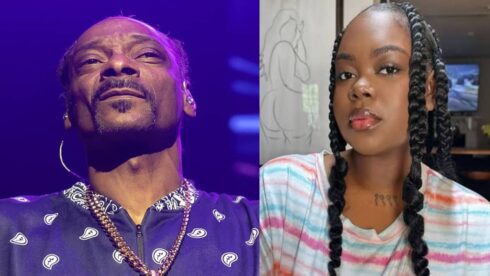Halle Berry made history in 2002 by becoming the first—and still the only—Black woman to win the Academy Award for Best Actress. Over two decades later, she remains both proud and frustrated by this milestone. Speaking candidly in a recent interview, Berry expressed her deep gratitude for the honor but admitted that she is “tired of occupying that space alone.” Her words resonate with many who have long criticized Hollywood’s slow progress in recognizing Black actresses at the highest level.
Despite her groundbreaking achievement, the industry has yet to fully embrace diversity in its most prestigious categories. Halle Berry’s win was expected to open doors for other talented Black women, but the lack of subsequent winners highlights an ongoing disparity. Many actresses, including Viola Davis, Cynthia Erivo, and Andra Day, have been nominated, yet the Oscar for Best Actress has remained elusive for them.
The Weight of Representation
Halle Berry acknowledges the significance of her win, describing herself as “a beacon of possibility” for future generations. She recognizes that her victory symbolized hope, proving that Black actresses could be celebrated on Hollywood’s grandest stage. However, the burden of being the sole representative of such a historic moment has been both inspiring and disheartening.
Her emotional acceptance speech in 2002 dedicated the award to “every nameless, faceless woman of color” who had struggled to be seen. More than 20 years later, she finds it painful that no one else has joined her in this achievement. The lack of progress raises questions about systemic barriers that continue to hinder Black actresses in leading roles that attract Academy recognition.
Hollywood’s Diversity Dilemma
While the Academy has made efforts to increase diversity, real change remains slow. In recent years, initiatives like #OscarsSoWhite have pressured the industry to recognize a broader range of talent. However, the Best Actress category continues to reflect a troubling trend: white actresses dominate the wins, while Black actresses struggle to break through despite powerful performances.
The problem extends beyond awards season. Hollywood’s casting decisions, funding priorities, and storytelling biases all play a role in limiting opportunities for Black actresses. Even when they deliver critically acclaimed performances, as Davis did in Ma Rainey’s Black Bottom or Erivo in Harriet, the recognition often stops at nominations rather than wins.
A Call for Change in the Film Industry
Halle Berry’s comments are not just about personal disappointment; they are a call to action. She hopes to see more Black actresses not only land leading roles but also receive the recognition they deserve. To achieve this, systemic changes are needed within the film industry, from more inclusive casting to better representation in Academy voting panels.
Directors and producers must also take responsibility by greenlighting films that showcase diverse stories and characters. When studios prioritize projects that reflect real-world diversity, the chances of Black actresses earning Oscar-worthy roles increase. Halle Berry’s message is clear: the industry must evolve beyond symbolic gestures and commit to genuine inclusivity.
Breaking the Cycle of Oscar Snubs
The pattern of Black actresses being overlooked at the Oscars is not new. Before Halle Berry’s win, actresses like Dorothy Dandridge and Angela Bassett were nominated but left empty-handed. More recently, Lupita Nyong’o, who won Best Supporting Actress for 12 Years a Slave, was snubbed for her transformative performance in Us, raising further concerns about bias in voting.
The Academy’s history of rewarding Black women in supporting roles while ignoring them in lead categories suggests an unspoken hierarchy. Halle Berry’s ongoing status as the only Black Best Actress winner highlights an uncomfortable truth: Hollywood still has a long way to go in recognizing Black women’s full potential.
Looking Ahead: Hope for Future Winners
Despite the frustration, Halle Berry remains optimistic about the future. She believes that the talent exists and that change is inevitable—but only if the industry continues pushing for progress. Actresses like Zendaya, Regina King, and Tessa Thompson are breaking barriers and could become the next major Oscar contenders.
Halle Berry’s legacy is secure, but she doesn’t want it to be a lonely one. Her hope is that soon, another Black woman will stand on the Oscars stage and break the cycle. Until then, her voice will continue to challenge Hollywood to do better, ensuring that diversity is not just a conversation but a commitment.














